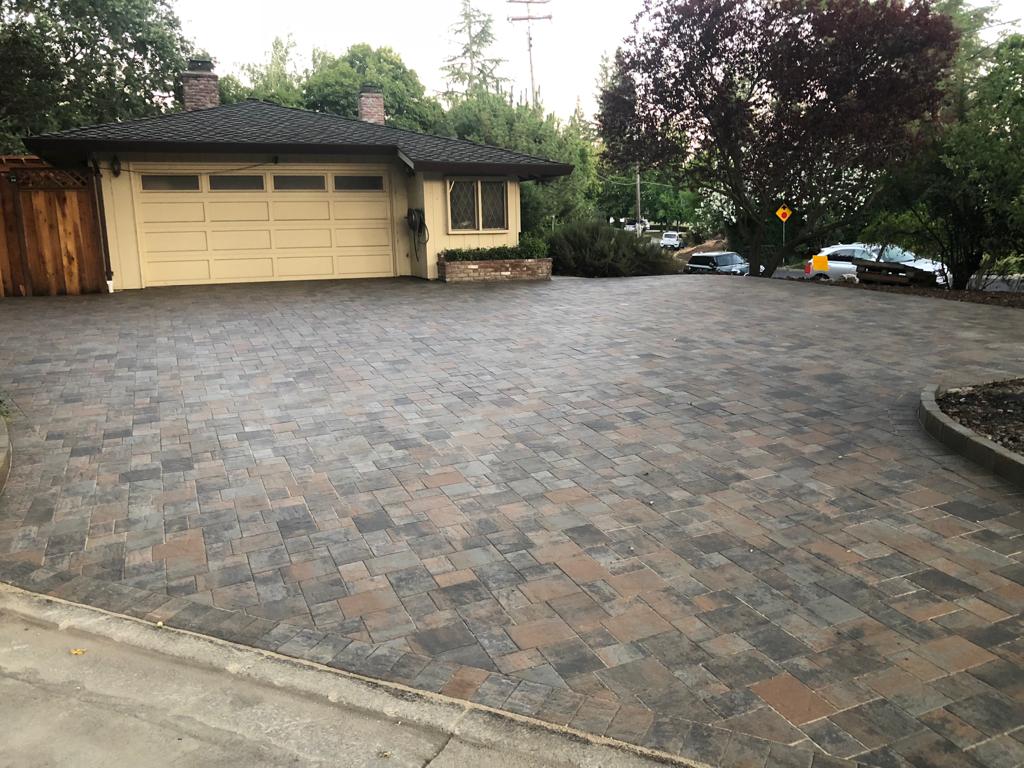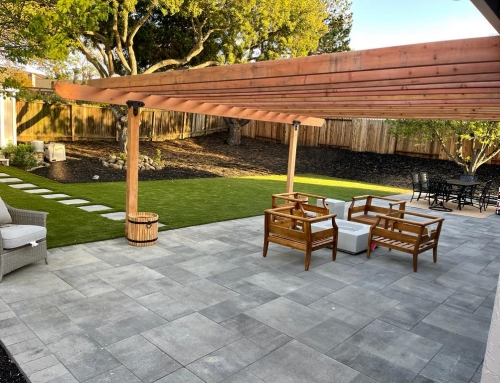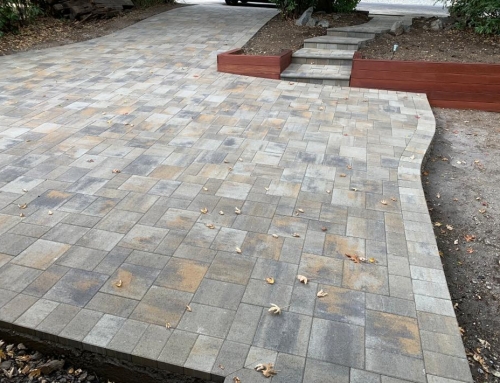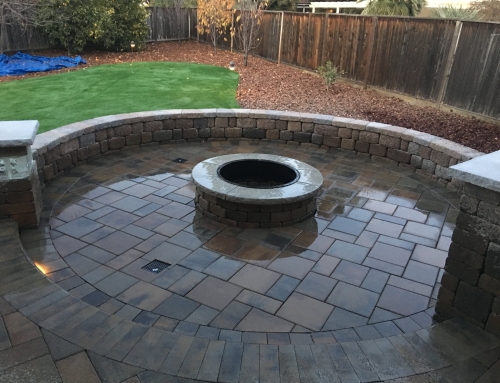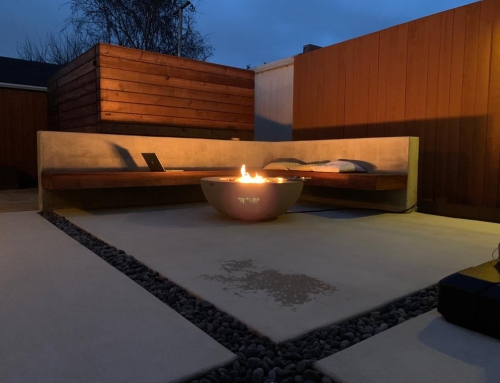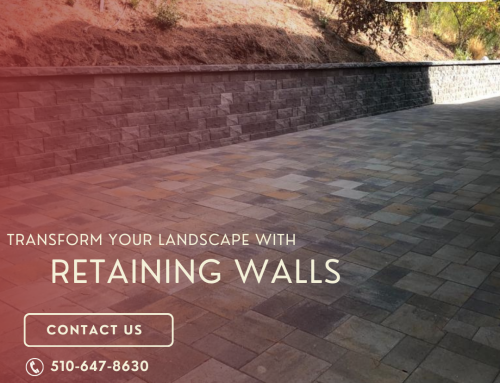When it comes to enhancing the aesthetic appeal and functionality of your outdoor space, choosing the right paving material is crucial. Two popular options that often come to mind are paver blocks and concrete. Each offers unique advantages and characteristics that can transform your landscape into a stunning and practical area. In this article, we will explore the benefits of paver blocks and concrete, helping you make an informed decision for your next landscaping project.
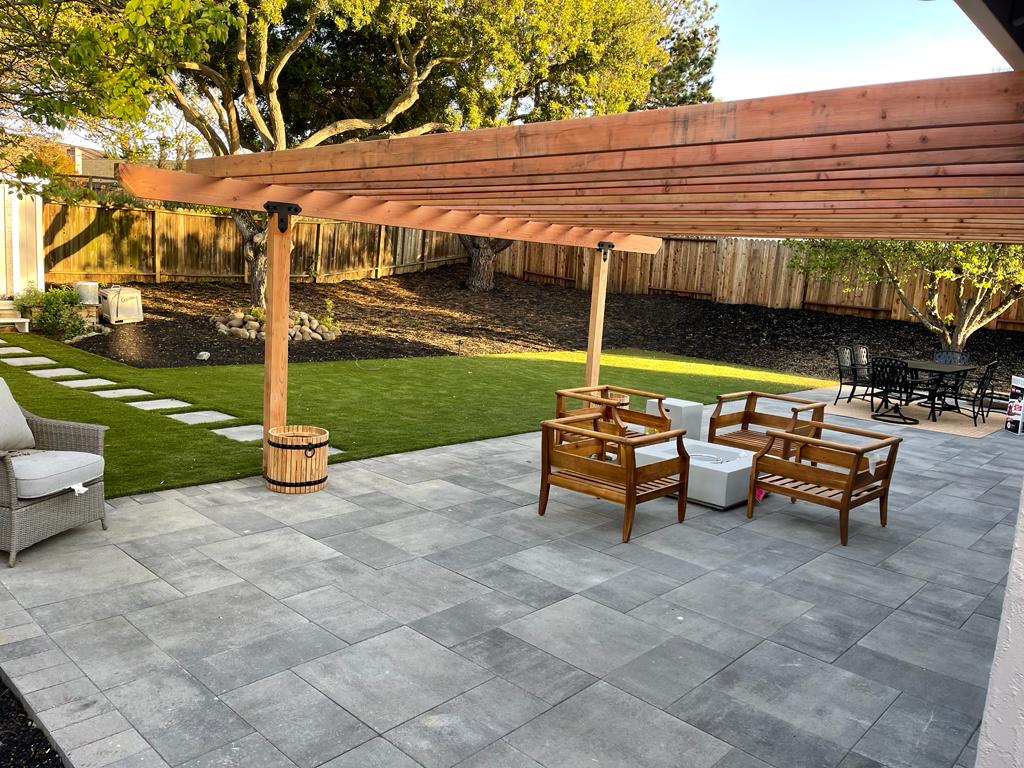
Which is Better: Paver Block or Concrete?
-
Paver Blocks:
Paver blocks are individual units made from various materials such as concrete, clay, or natural stone. They come in a wide range of shapes, colors, and patterns, allowing for endless design possibilities. Here are some advantages of choosing paver blocks:
- Versatility: Paver blocks offer versatility in terms of design. With numerous shapes, sizes, and colors available, you can create intricate patterns and designs that suit your style and preferences.
- Durability: Paver blocks are known for their durability and longevity. They can withstand heavy foot traffic, inclement weather conditions, and extreme temperature changes without cracking or crumbling.
- Easy Repairs: In case of damage, paver blocks are relatively easy to repair. Individual units can be replaced without affecting the rest of the pavement, saving you time and money.
- Permeability: Some paver block designs allow for water infiltration, promoting natural drainage and reducing the risk of flooding or water pooling.
-
Concrete:
Concrete is a widely used material in construction, and it also serves as an excellent choice for paving. Here are the advantages of using concrete for your outdoor surfaces:
- Affordability: Concrete is generally more cost-effective compared to paver blocks, making it an attractive option for those on a tighter budget.
- Low Maintenance: Concrete pavements require minimal maintenance. They can be easily cleaned with regular sweeping and occasional pressure washing.
- Uniform Appearance: If you prefer a uniform and consistent look, concrete is an ideal choice. It provides a clean and seamless appearance that complements a modern or minimalist aesthetic.
- Large Area Coverage: Concrete is an excellent option for larger areas that require a smooth and continuous surface, such as driveways or parking lots.
What is a Paving Contractor?
A paving contractor is a professional who specializes in installing and maintaining various types of paved surfaces. These experts possess the necessary skills, knowledge, and equipment to ensure proper installation, repair, and maintenance of pavements. Whether you choose paver blocks or concrete, hiring a reputable paving contractor is essential to achieve a durable and visually appealing result.
Paving Services:
Paving services encompass a wide range of offerings to meet the diverse needs of homeowners and businesses. Some common paving services include:
- Installation: Paving contractors can install paver blocks or pour and finish concrete to create driveways, walkways, patios, pool decks, and other outdoor surfaces.
- Repairs: Whether it’s fixing cracks, replacing damaged paver blocks, or repairing potholes in concrete pavements, paving contractors have the expertise to restore the integrity and functionality of your paved areas.
- Maintenance: Regular maintenance is crucial to prolonging the lifespan of your paved surfaces. Paving contractors can provide services such as pressure washing, sealing, and re-leveling to keep your pavements in optimal condition.
Conclusion:
Choosing between paver blocks and concrete ultimately depends on your specific requirements, budget, and aesthetic preferences. Paver blocks offer versatility and durability with intricate design possibilities, while concrete provides a cost-effective and low-maintenance solution with a uniform appearance. Consulting with a paving contractor will ensure that you make an informed decision and receive professional installation or maintenance.


